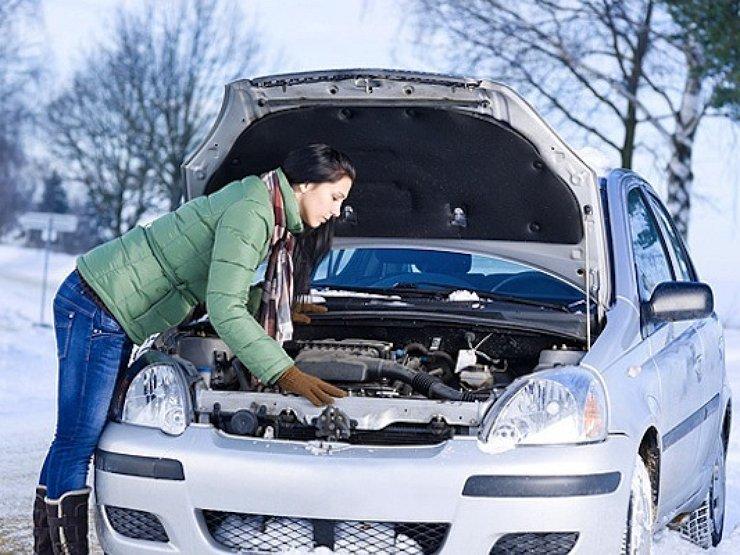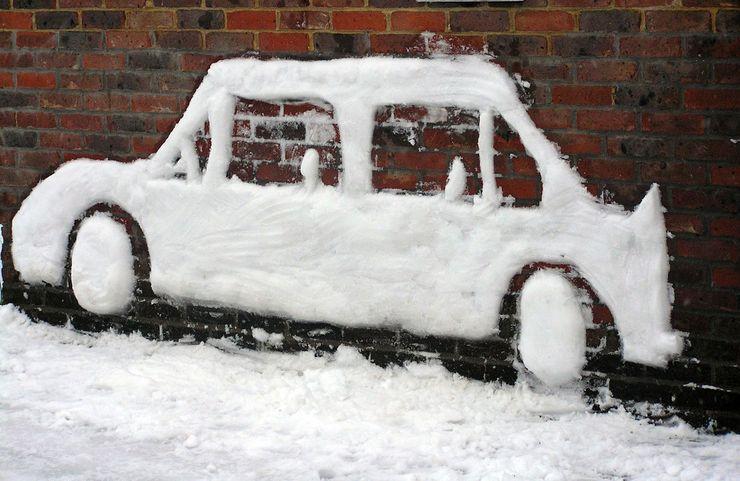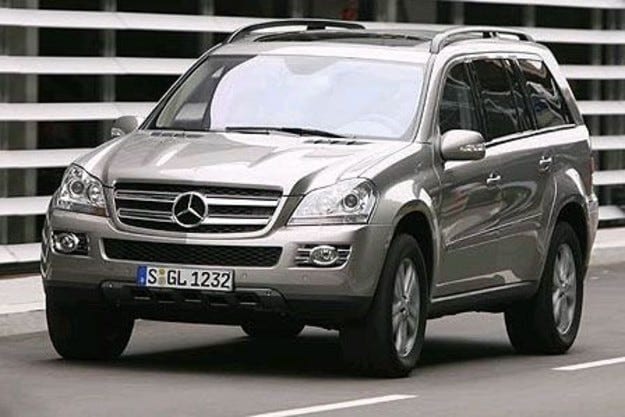
How not to winterize your car
Giving advice on preparing a car for winter is an old Russian tradition, founded by the guru of garage maintenance of 20-year-old Zhiguli. Now it is being continued by all Internet resources with some kind of manic enthusiasm. What kind of pre-winter "advice of experienced" can now be ignored with a clear conscience?
First, let's talk about "checking the battery." Now the vast majority of them are unattended or low-maintenance. That is, by and large, the whole test comes down to answering a simple question: is the battery working or not. If it can’t start the engine, we stupidly buy a new one. And it doesn’t matter: is it winter now, is it summer in the yard ...
Further, the "experienced" usually advised to pay attention to the oil in the engine and fill in the one with a lower viscosity before frost. Now most cars run on at least "semi-synthetic", and more often on fully synthetic motor oils, which behave well in both heat and cold. Yes, and they are now being changed out of season, but when the service book orders.
But the advice (given in all seriousness) about checking the headlights before the start of winter is especially touching. As if in summer or spring, non-working headlights do not deserve special attention? The headlight should just work, regardless of the season, period.

Again, for some reason, it is on the threshold of cold weather that self-proclaimed “auto-gurus” advise car owners to check the properties of antifreeze in the engine cooling system. Like, old coolant and corrosion can cause both. As if nothing like this could happen at other times of the year! In other words, there is no plausible reason to check antifreeze just before winter.
In the same way, the advice to check the brake system of the car is touching just before the frost. Like, change the pads if they are worn out, check the brake cylinders and hoses for leaks, change the brake fluid if it is old. Moreover, this is motivated by the fact that it is slippery in winter and safety depends especially strongly on the correct operation of the brakes. And in the summer when it rains, it depends on the brakes less or what? Or in dry weather, you can safely ride with the current brake hoses? In fact, if anyone does not remember, traffic rules prohibit doing this at any time of the year.
As a summary, let's say: the car must be monitored regardless of the season of operation, and its preparation for winter should only consist in installing the appropriate rubber and pouring anti-freeze fluid into the glass washer reservoir.

